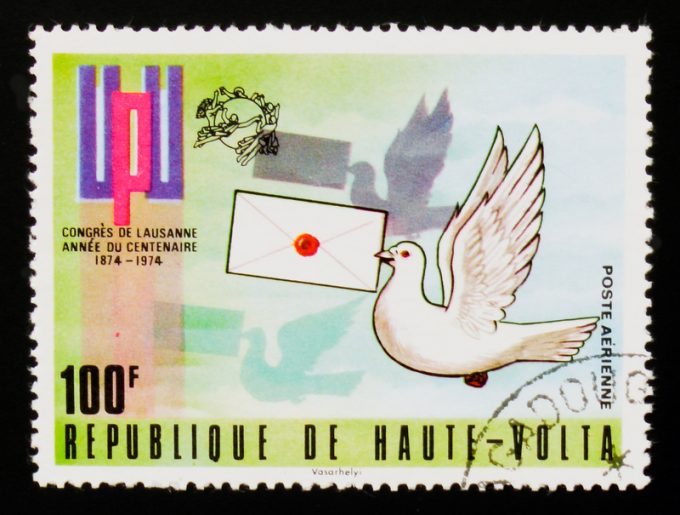White House u-turns see freighters flying but keep logistics players on their toes
Small businesses in the US will be breathing a (small) sigh of relief following the ...

Despite its potential importance, few people are awaiting the meeting of the Council of Administration of the Universal Postal Union (UPU) in Berne on Tuesday with bated breath.
The agenda focuses on the issue of the postal remuneration systems, notably terminal dues, which cover compensation of postal agencies for deliveries in their territory of mail ...
Predatory rivals circle as the ripples from DSV's Schenker buy widen
MSC Elsa crew face criminal probe, as Wan Hai 503 firefighters battle on
Latest Israeli attack on Iran a threat to box ships in Straits of Hormuz
Industry concerns rise after yet another box ship on fire off Indian coast
'It's driving us mad', say forwarders as US court fails to end tariff turmoil
European port congestion easing – for now
DHL Express facilities in Canada forced to shut down by strike
More legal trouble in India for MSC: feeder vessel detained after box ship disasters

Comment on this article